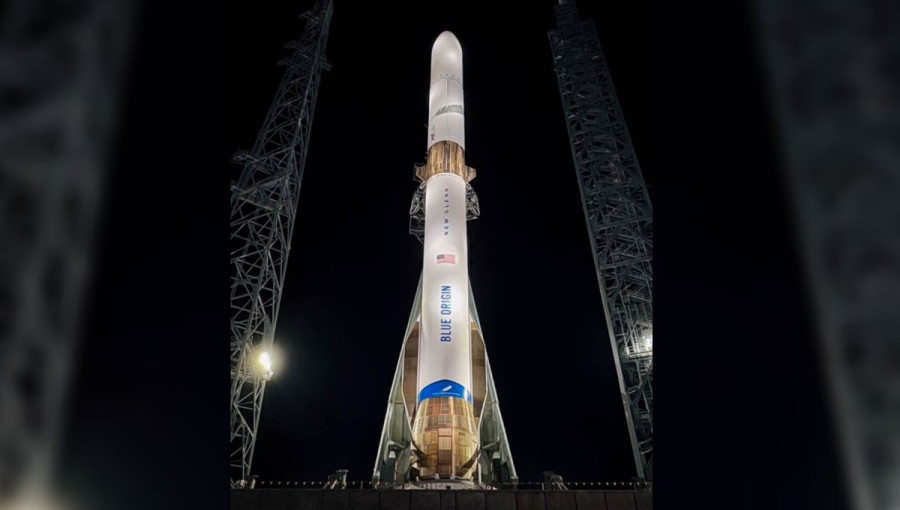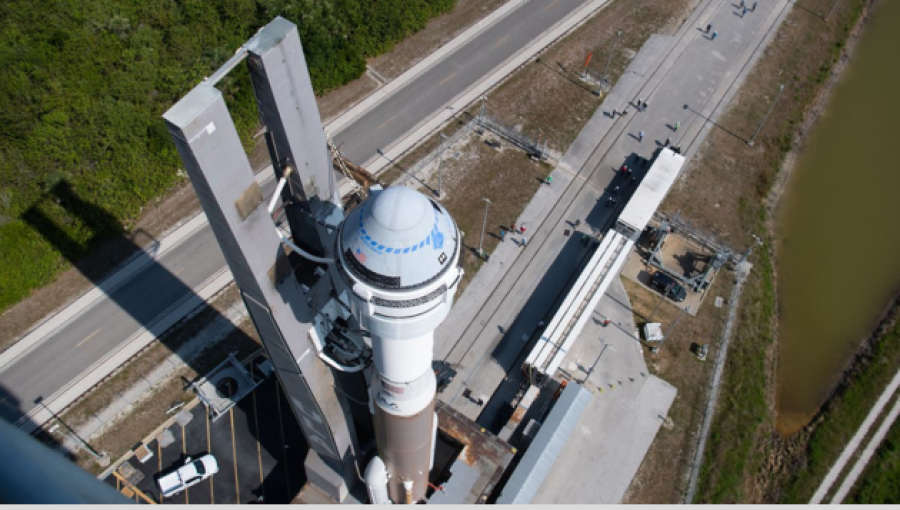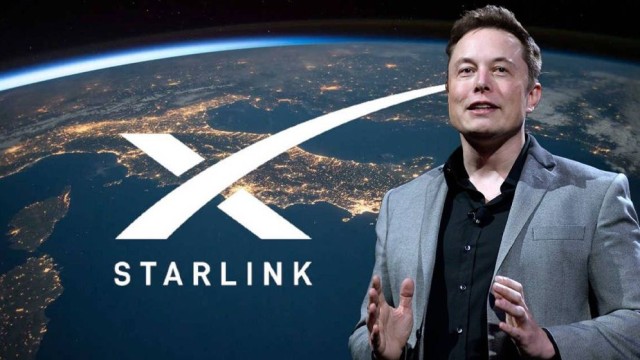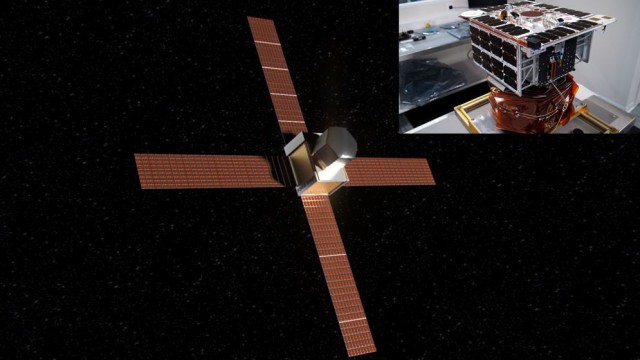CAPE CANAVERAL, Jan 12, (V7N) – Jeff Bezos’s Blue Origin is poised to launch its first-ever orbital mission, marking a major milestone in the company’s 25-year journey to challenge SpaceX’s dominance in the commercial space sector.
Originally scheduled for Sunday, the launch was delayed to Monday due to unfavorable sea conditions, Blue Origin announced on X. The towering New Glenn rocket—named after astronaut John Glenn—stands 320 feet (98 meters) tall and is set to lift off from Cape Canaveral Space Force Station during a launch window opening at 1:00 am (0600 GMT).
Blue Origin CEO Dave Limp shared excitement on X, posting, "Pointy end up!" alongside images of the sleek, white rocket.
This mission, dubbed NG-1, intensifies the rivalry between Bezos and Elon Musk, whose SpaceX currently leads the market with its Falcon 9 and Falcon Heavy rockets, launching satellites, military payloads, and astronauts for NASA.
"A competitor in this space is great news," said G. Scott Hubbard, former senior NASA official, acknowledging SpaceX's market hold.
The competitive stakes are even higher with SpaceX planning its next Starship orbital test just a day later.
Following liftoff, Blue Origin aims to land New Glenn's first-stage booster on a drone ship named Jacklyn, honoring Bezos's mother. The ship will be stationed 1,000 kilometers (620 miles) downrange in the Atlantic Ocean. While SpaceX has perfected such landings, this marks Blue Origin’s first attempt at a sea-based recovery.
Meanwhile, the rocket’s upper stage will carry a Defense Department-funded prototype spacecraft, Blue Ring, into orbit for a six-hour test flight. Limp highlighted that the priority is reaching orbit, with booster recovery as a "bonus."
Though Blue Origin has experience landing its suborbital New Shepard rockets on land, New Glenn represents a massive leap in size and complexity. It surpasses SpaceX’s Falcon 9 in payload capacity and features a wider payload fairing for larger cargo.
Despite being founded in 2000—two years before Musk’s SpaceX—Blue Origin has advanced cautiously compared to Musk's "fail fast, learn fast" strategy. However, New Glenn’s success could diversify U.S. launch capabilities, offering critical backup in case of failures, said Scott Pace, a space policy expert.
Blue Origin has already secured a NASA contract to launch two Mars probes and plans to use New Glenn to deploy its Project Kuiper satellite internet constellation, a direct rival to SpaceX’s Starlink.
While Musk dreams of colonizing Mars, Bezos envisions moving heavy industry into space to protect Earth, reflecting his vision for humanity's "blue origin."
With this launch, Blue Origin steps into the spotlight, aiming to reshape the future of commercial spaceflight.
END/TEC/RH/






























Comment: